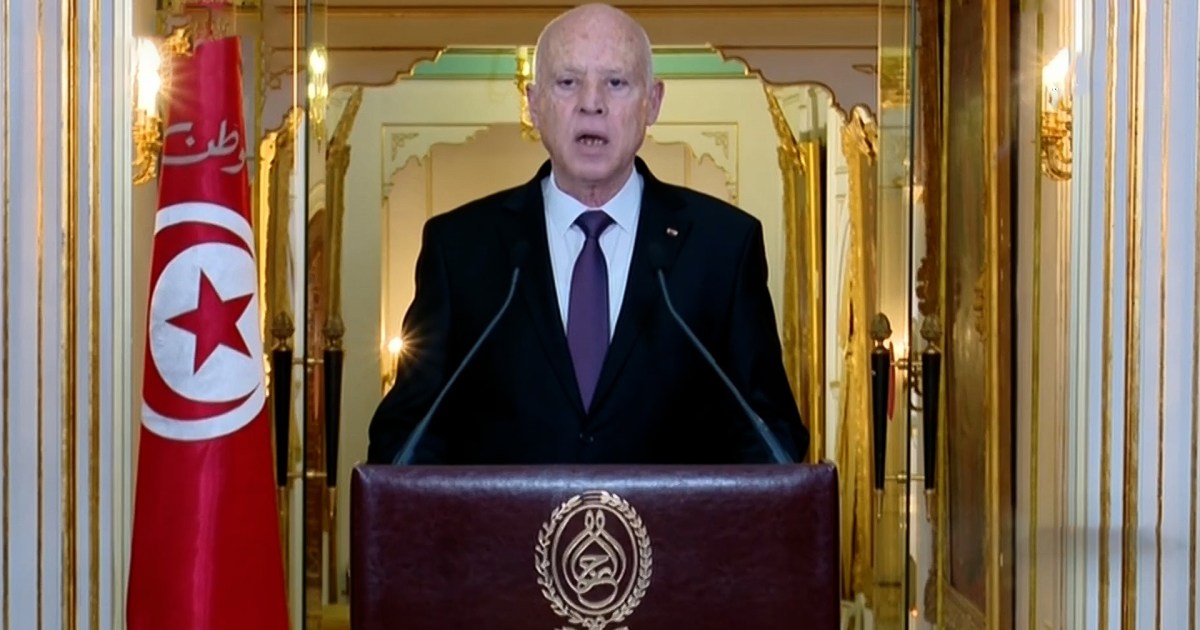Tunisian President Kais Saied said in the early hours of Sunday morning that he had decided to dissolve the Supreme Judicial Council, considering that the Council had become a thing of the past, in an exciting step that reinforces concerns about the independence of the judiciary.
Saeed said he would issue a temporary decree to the council.
Saeed's decision to dissolve the council comes after his stinging criticism of the judges for months, when he repeatedly stated that he would not allow there to be a state for the judiciary, but rather for the state's judiciary.
Saeed often criticized what he called the delay of the judiciary in issuing rulings in cases of corruption and terrorism, saying that there is corruption and that he is determined to reform the judiciary.
Saeed said this month that the judiciary is a function only within the state and not an authority.
And also last month canceled all financial privileges for members of the Council.
The Supreme Judicial Council is a constitutional institution that enjoys independence, and its powers include the proper functioning of the judiciary and ensuring its independence, in addition to disciplining judges and granting them professional promotions.
Saeed faces widespread criticism for imposing a tyrannical individual rule after collecting all power in his hand and refusing to dialogue with the parties.
Since last July 25, Tunisia has been witnessing a political crisis, when President Kais Saied began taking exceptional measures, including: freezing the competencies of Parliament, abolishing the constitutionality monitoring body, issuing legislation by presidential decrees, dismissing the government, and appointing new ones.
The majority of political forces in Tunisia reject Said's exceptional measures, and consider them a "coup against the constitution", while other forces support them as a "correction of the course of the 2011 revolution", in light of the political, economic and health crises (the Corona pandemic).

